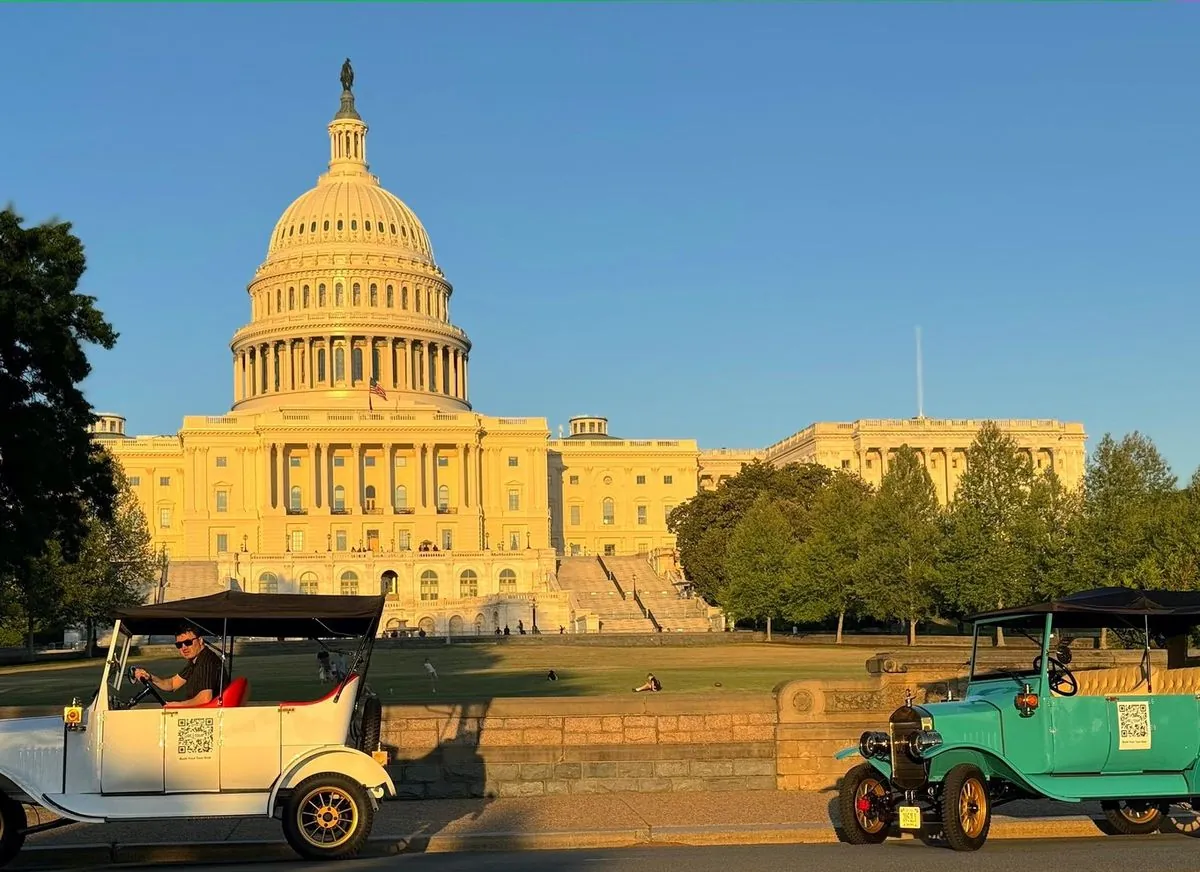The Republican-controlled House of Representatives has approved a resolution to overturn a new Environmental Protection Agency (EPA) rule on automobile emissions. This action, taken on September 20, 2024, highlights the ongoing debate over climate policy and vehicle electrification in the United States.
The EPA rule, issued in March 2024, aims to significantly reduce vehicle emissions between 2027 and 2032. Under this regulation, the auto industry could meet the new standards if 56% of new vehicle sales are electric by 2032, along with 13% plug-in hybrids and more efficient gasoline-powered cars.
Rep. Cathy McMorris Rodgers, chair of the House Energy and Commerce Committee, criticized the rule, stating, "It's about forcing Americans to drive electric vehicles." Republicans argue that the regulation would compel consumers to purchase expensive EVs they may not want or afford.
Conversely, Democrats defend the rule as a necessary step to combat climate change and improve air quality. Rep. Frank Pallone, the top Democrat on the energy panel, accused Republicans of prioritizing "the profits of corporate polluters over the health and safety of the American people."
The resolution passed with a vote of 215-191, with eight Democrats supporting it and one Republican opposing. However, it faces significant hurdles in the Democratic-controlled Senate and a likely veto from President Joe Biden.
"There are multiple pathways companies can choose to comply with the rule."
Regan emphasized that the EPA could achieve its carbon pollution goals even if EV sales reach only 30% by 2032, provided stringent standards for gas-powered cars are met.
This debate occurs against the backdrop of evolving EV adoption rates. In 2023, EV sales rose to 7.6% of new vehicles, up from 5.8% in 2022. However, this is still far from the projected figures in the EPA rule.
The automotive industry, which contributes about 3-3.5% to the U.S. GDP, faces significant changes under these regulations. The average lifespan of a car in the U.S. is about 12 years, indicating that the impact of these changes will be felt for decades to come.
It's worth noting that the U.S. is the world's second-largest emitter of greenhouse gases after China, with the transportation sector accounting for about 29% of total U.S. emissions. This underscores the importance of addressing vehicle emissions in the broader context of climate action.
The current debate echoes past environmental policy discussions. The Clean Air Act, first enacted in 1963, has been a cornerstone of U.S. environmental policy. The EPA itself was established in 1970 under President Richard Nixon, demonstrating the long history of bipartisan efforts in environmental protection.
As the U.S. grapples with these new emissions standards, it's important to remember that the country has a history of adapting to automotive regulations. The first federal fuel economy standards were established in 1975, followed by the Corporate Average Fuel Economy (CAFE) standards in 1978.
The outcome of this resolution and the future of the EPA rule will significantly impact the U.S. auto industry, consumer choices, and the country's efforts to combat climate change. As the debate continues, policymakers must balance environmental concerns with economic realities and consumer preferences.
